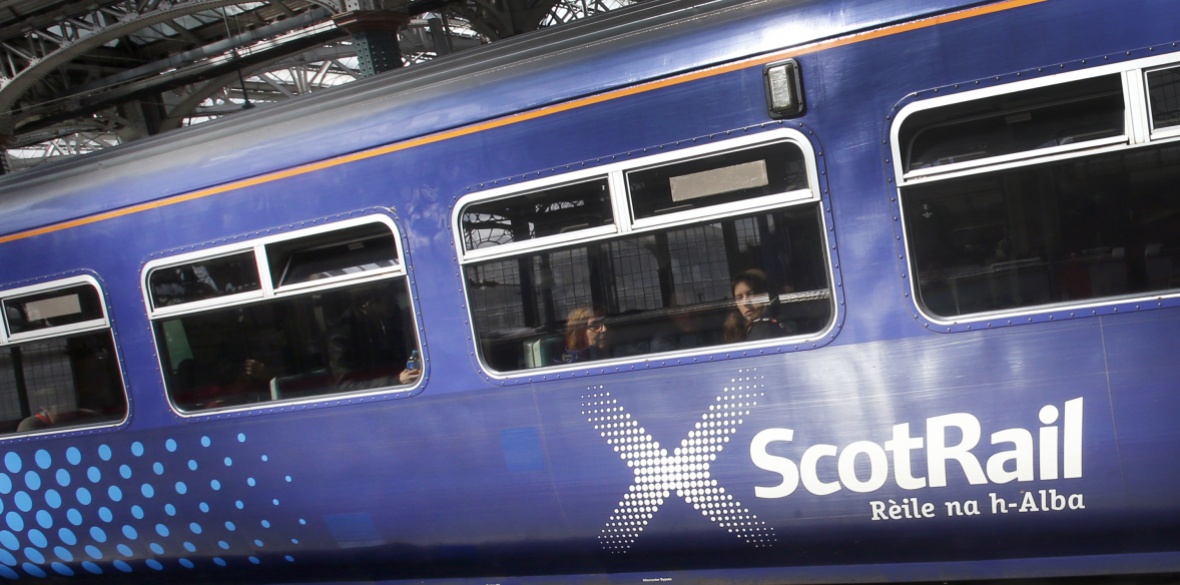This is the last article you can read this month
You can read more article this month
You can read more articles this month
Sorry your limit is up for this month
Reset on:
Please help support the Morning Star by subscribing here
ACCESSIBLE, reliable public transport is key to addressing climate change, the Scottish TUC agreed today — but delegates warned that governments at Holyrood and Westminster are undermining it.
Train drivers’ union Aslef’s Jim Baxter welcomed Scotrail’s return to public ownership after “25 years of privateers bleeding it dry,” but said Covid was being used as cover for a “slash-and-burn” approach to rail services.
Ministers saw reductions in passenger numbers linked to lockdowns and remote working as an excuse to cut staff and services.
“How can we rebuild after this utter nonsense?” he asked, calling for action to incentivise rail travel including by ending peak-time fares, “an unfair tax on working people.”
Martin Hartley of the TSSA saluted the unions that had “campaigned for years for Scotrail to be in public ownership — that is where it must stay.”
Public ownership was an opportunity to put profits back into the railway and increase services.
“But Westminster and Holyrood want to cut services — it doesn’t make sense. They should make travel attractive for rail passengers.”
Transport union RMT’s Mandy Walton stressed that rail was “sustainable, low-carbon transport” but people would not use it if it wasn’t reliable and well staffed.
Transport for Scotland plans to close three ticket offices and reduce hours at 120 others.
Wheelchair ramps were being removed from stations, making the railway “less safe, less secure and less accessible.”
Delegates also condemned the Scottish government’s measly £1 million funding for a Community Bus Fund as “woefully inadequate” to push public ownership of bus networks through re-municipalisation, contrasting it to the £500m allocated to a Bus Partnership Fund subsidising private-sector operators.
There was public support for dramatic action on climate change, argued Unison Scotland’s Stephen Smellie, pointing to the huge working-class and labour movement mobilisation for Cop26 demonstrations last autumn.
“It was trade unions and civic society bodies … rather than the gatherings of world leaders and governments” that had advanced the most convincing policies to tackle global warming, Unison’s motion pointed out.
It called on the STUC to work with education unions to incorporate the climate emergency in school curriculums and to build international links to unions in countries worst affected by rising temperatures.

 Ben Chacko
Ben Chacko










